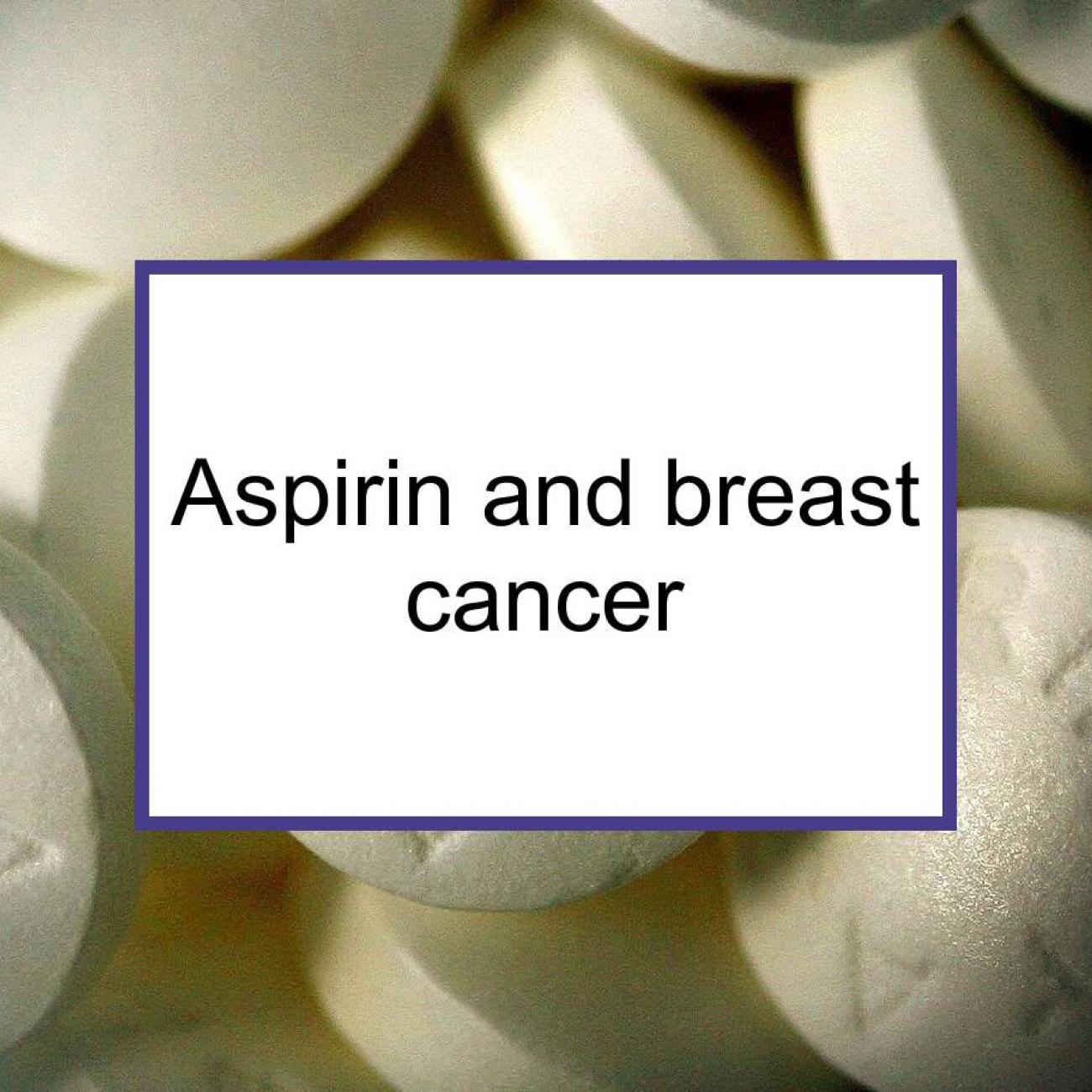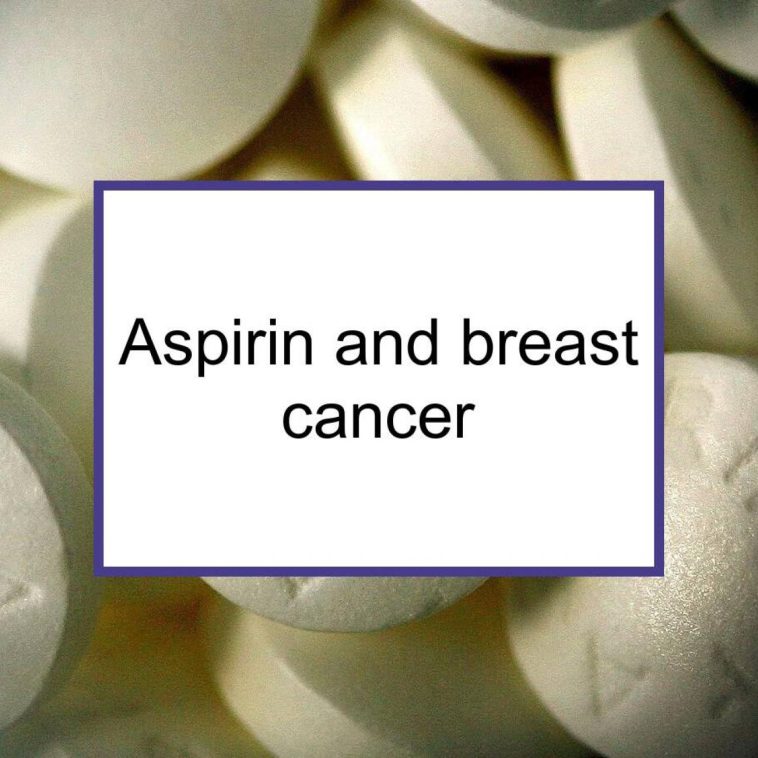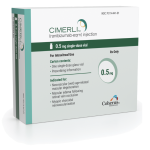
No Benefit of Adjuvant Aspirin for High-Risk Nonmetastatic Breast Cancer, Study Shows
Introduction
A recent Phase III trial showed that daily low-dose aspirin does not improve breast cancer recurrence or survival in patients with high-risk nonmetastatic breast cancer. Wendy Y. Chen, MD, MPH, and colleagues conducted the study, which was eventually suspended early due to futility.
The Study
A total of 3, 020 patients from sites in the United States and Canada were randomly assigned between January 2017 and December 2020 to receive 300 mg of aspirin or placebo once daily for five years. Patients must have completed all local therapy and chemotherapy, while continuation of endocrine therapy was permitted. The primary outcome measure was invasive disease–free survival. The data and safety monitoring committee recommended suspending the study at first interim analysis, when the hazard ratio for invasive disease–free survival was found to cross the prespecified futility boundary.
Results
At a median follow-up of 33. 8 months (range = 0. 1–72. 6 months), invasive disease–free survival events had occurred in 141 patients in the aspirin group versus 112 in the placebo group. For the aspirin group versus the placebo group, invasive disease–free survival events consisted of death in 12 vs 4 patients; invasive disease progression in 104 vs 89, including local recurrence only in 27 vs 22 and distant disease in 77 vs 67; and a new primary event in 25 vs 19, including contralateral breast cancer in 2 vs 7. None of the differences was statistically significant. No difference in overall survival was observed.
Conclusion
The study’s investigators concluded that among participants with high-risk nonmetastatic breast cancer, daily aspirin therapy did not improve recurrence risk or survival in early follow-up, despite its promise and wide availability. The investigators recommended that aspirin should not be recommended as an adjuvant breast cancer treatment.
Expert Opinion
The American Society of Clinical Oncology (ASCO) has not reviewed this study and its findings. However, experts understand that while the use of aspirin may have benefits, it may also come with significant risks. Given the study’s findings, patients should talk to their doctors about the risks and benefits of using aspirin as a breast cancer treatment.
Alternative Medicines
Many people look to alternative treatments and therapies to help in their cancer treatment journey. While there is no guarantee of success with any of them, some alternative therapies have shown promise in clinical trials. Some of the most popular alternative treatments for breast cancer include:
Acupuncture
Acupuncture is an ancient Chinese practice that stimulates specific points on the body using thin needles. Some small studies suggest that it may help reduce the side effects of cancer treatments like chemotherapy, radiation, and surgery. It may also reduce fatigue and improve quality of life. It is important to talk to your doctor before undergoing acupuncture to ensure it is safe for you.
Cannabis
Medical marijuana has become increasingly popular among cancer patients. Cannabis may help reduce chemotherapy-induced nausea and vomiting, improve appetite, and reduce pain. However, there is no definitive evidence to suggest its effectiveness in treating cancer or preventing its recurrence, and it may come with side effects like dizziness, dry mouth, and mood changes. Patients should speak with their doctors before trying medical marijuana.
Nutrition
Nutrition plays a critical role in overall health and well-being. A healthy diet can help boost the immune system, reduce inflammation, and potentially reduce the risk of breast cancer recurrence. It is important to eat a variety of fruits and vegetables, lean protein sources like chicken and fish, and healthy fats like avocado and olive oil. Patients should talk to their doctors about which foods to avoid and which foods to incorporate into their diets.
Conclusion
While daily low-dose aspirin may not improve breast cancer recurrence or survival, other treatments and therapies may show promise in cancer treatment and prevention. It is important for patients to talk with their doctors about the risks and benefits of these treatments and make an informed decision about their treatment journey.
Originally Post From https://ascopost.com/news/june-2024/aspirin-as-adjuvant-therapy-for-breast-cancer/
Read more about this topic at
Aspirin Use and Survival Among Patients With Breast Cancer
Effect of aspirin use on survival benefits of breast cancer …


